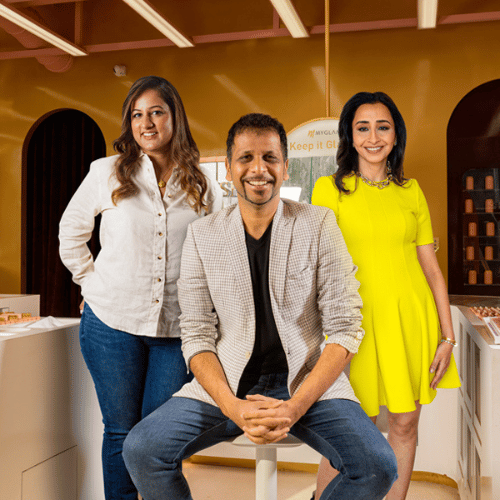Hein Schumacher, Unilever’s new CEO, unveiled long-awaited measures on Thursday to streamline the company after acknowledging it had underperformed in previous years. Despite this, the company’s shares dropped as some investors were not happy.
The manufacturer of Ben & Jerry’s ice cream and Dove soap failed to win back some customers who switched to less expensive products during a crisis in the cost of living, even though third-quarter sales growth for the company exceeded market estimates.
After taking over in July, Schumacher announced that the company will now concentrate on 30 major brands that make up 70% of its total sales. According to him, it won’t make any significant or transformative acquisitions and instead concentrate on increasing its gross margin.
“We have not performed to the level of our potential in recent years. Our productivity, profits, and growth quality have all fallen short of expectations, according to Schumacher.
In early trade, shares of Hindustan Unilever dropped 2.5% to a year-low.
Regarding this strategic update, Aviva portfolio manager Richard Saldanha stated, “I don’t think anything is new.” “Clearly for investors, from my perspective, getting back to organic growth of 3-5% is key.”
According to Waverton Investment Management portfolio manager Tineke Frikkee, “the new CEO’s strategy was well presented but overall underwhelming – investing and rewarding for higher growth and no significant portfolio restructuring.” “This sounds similar to previous CEOs and will take time to be delivered.”
Alan Jope, who had a difficult year as Unilever’s CEO following a botched effort to acquire GSK’s consumer healthcare division and the arrival of billionaire activist investor Nelson Peltz on the board, was succeeded by Schumacher.
Meanwhile, the cost of everything from sunflower oil and shipping to packaging and energy increased during the epidemic, causing the consumer goods business to struggle for more than two years.
According to a consensus offered by the business, Unilever reported an increase in underlying sales of 5.2%, meeting the average forecast of analysts.
In the third quarter, underlying volumes decreased by 0.6%, but underlying price growth was 5.8%. Analyst expectations were for prices to grow more quickly than they did, and for volumes to rise for the first time in almost two years. Volumes were down 10.7% in Europe.
Chief Financial Officer Graeme Pitkethly stated, “That is a feature of the inflation that we’ve had in our nutrition and our ice cream business…it’s the most difficult trade environment.” “We’ve not yet recovered all the inflation in Europe and our European margins have come down and are quite significantly below the average of Unilever.”
Along with the announcement of the senior management shuffle, the company named Fernando Fernandez as its new chief financial officer. Fernandez is already the head of the beauty and wellbeing division.















